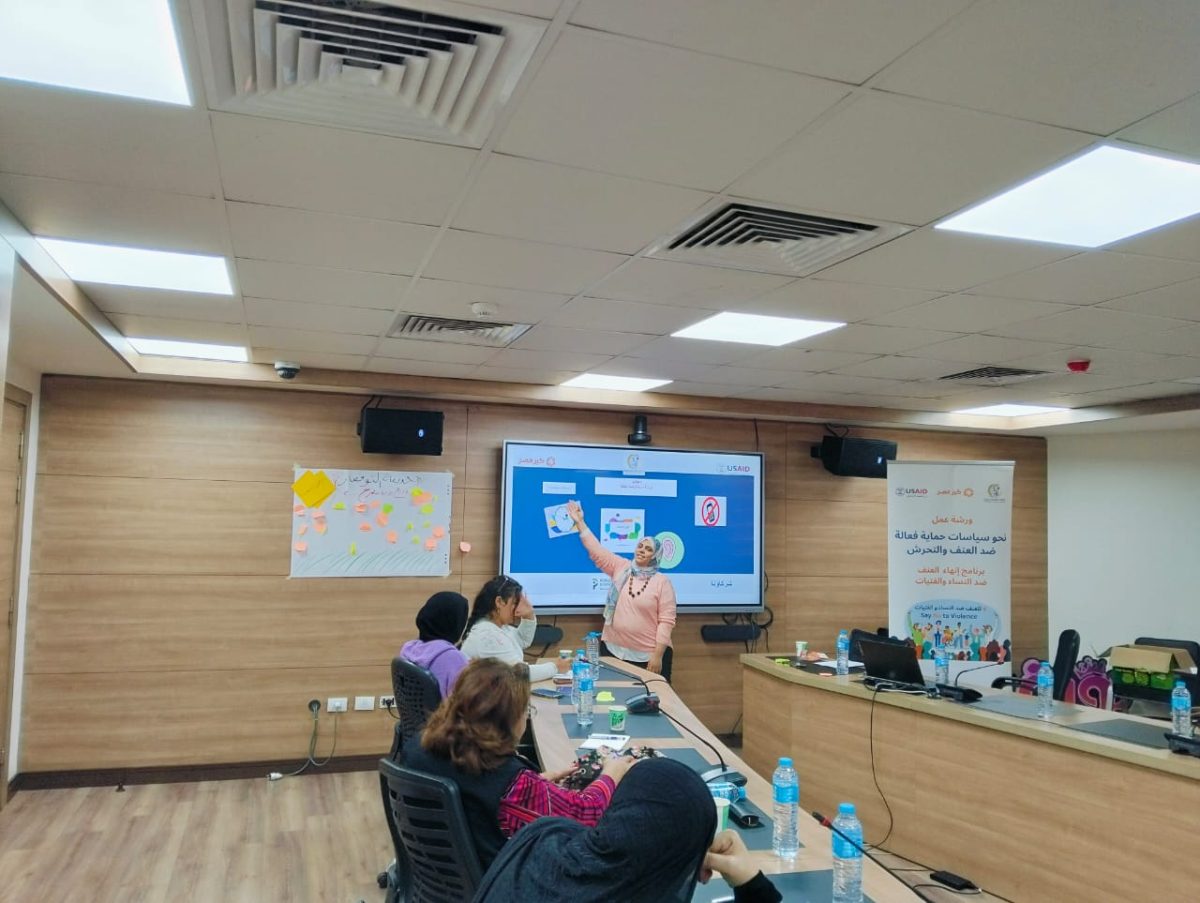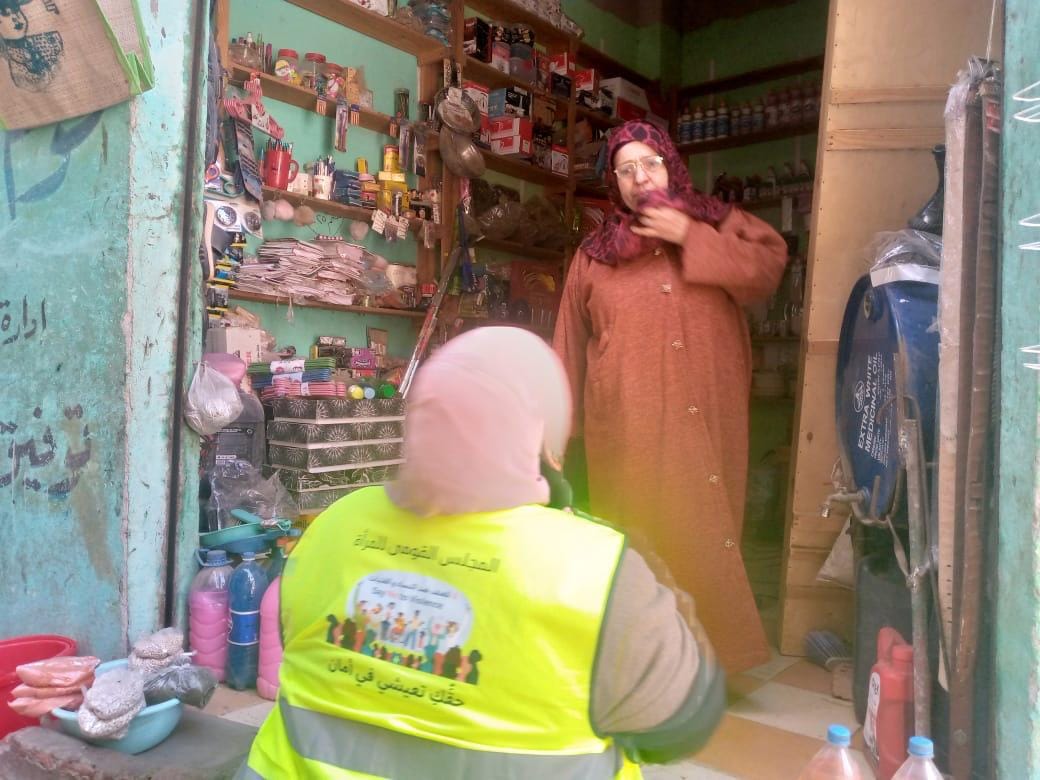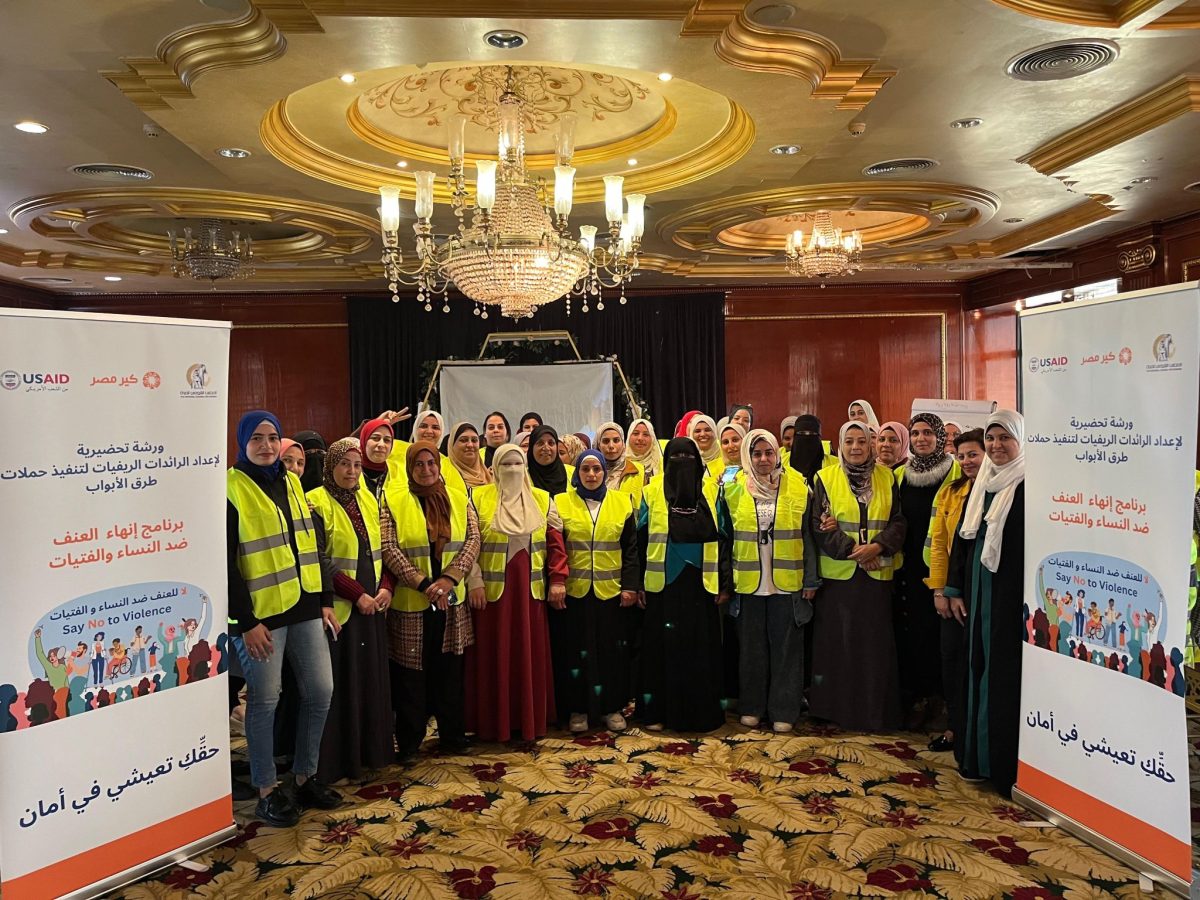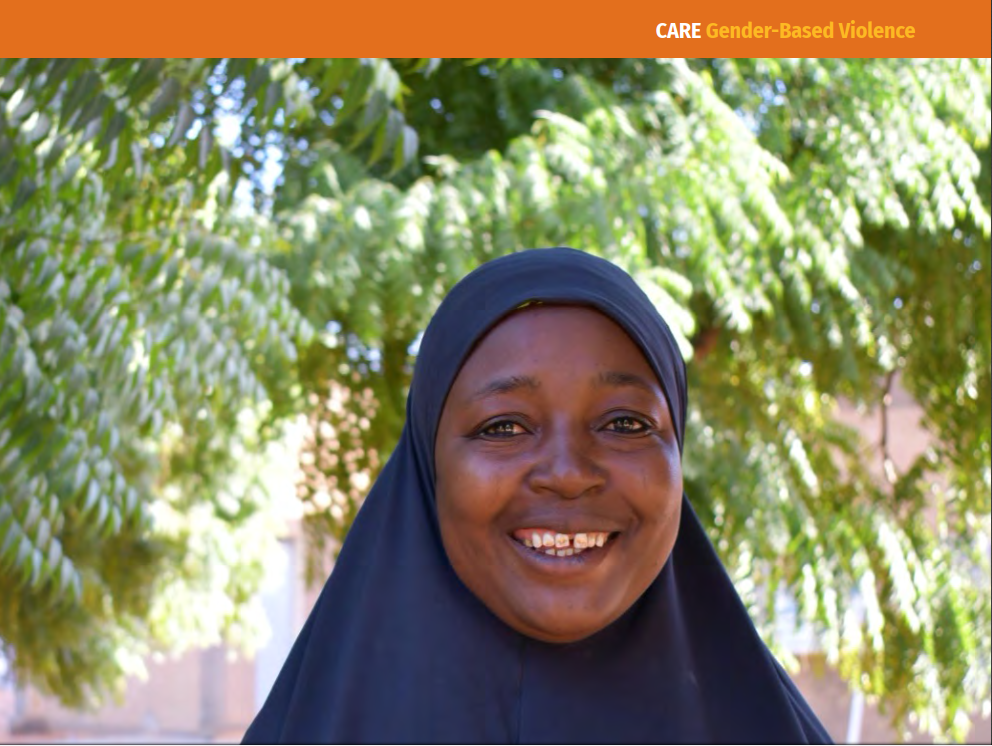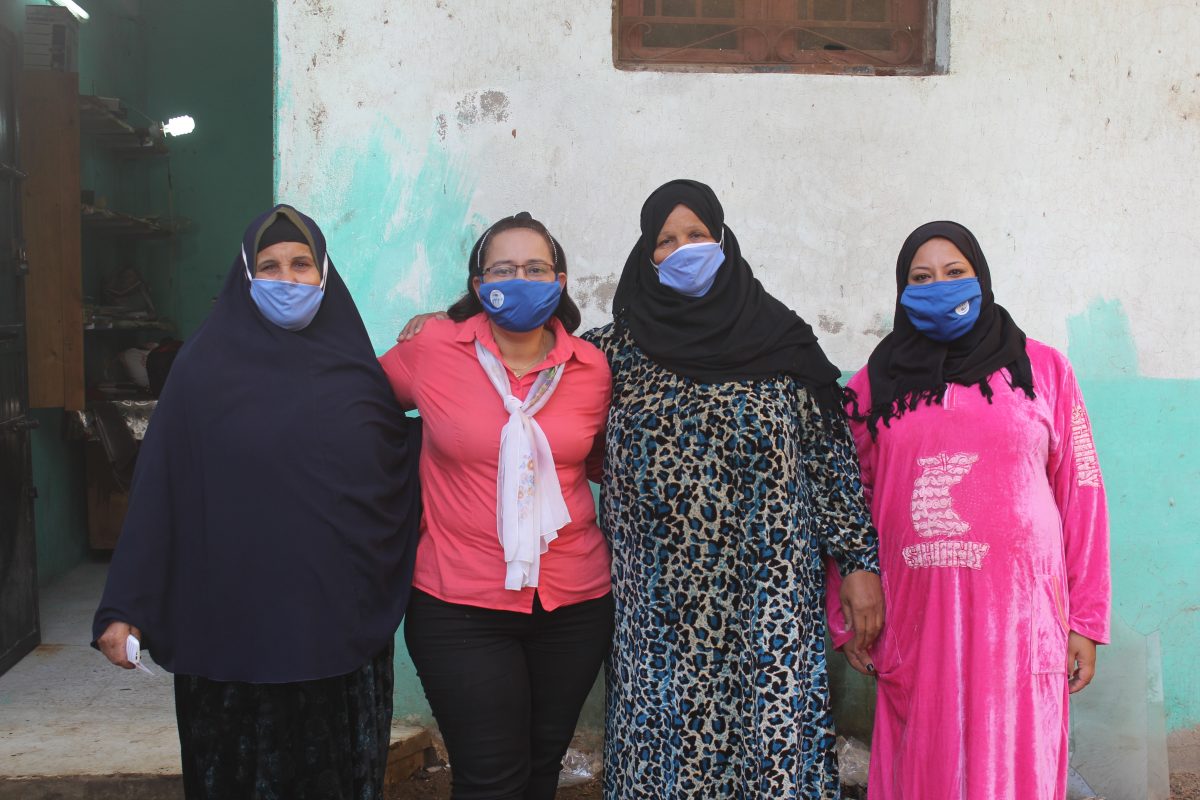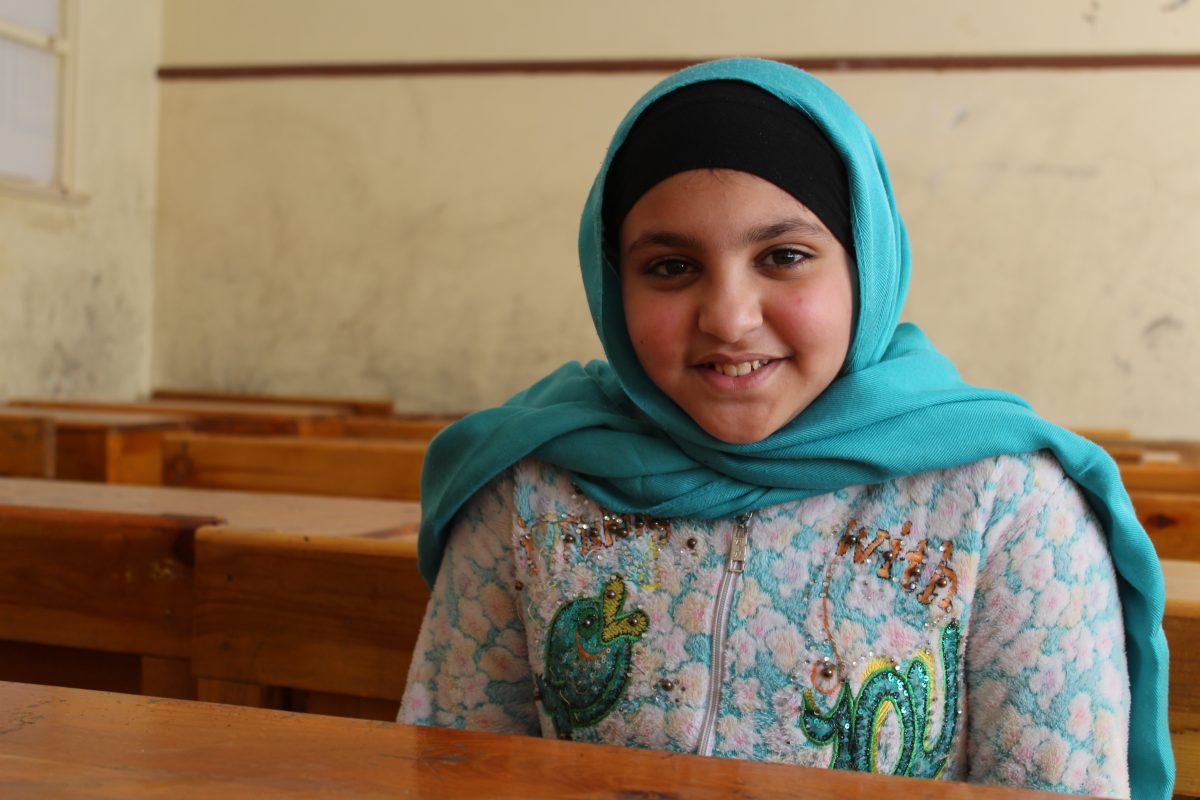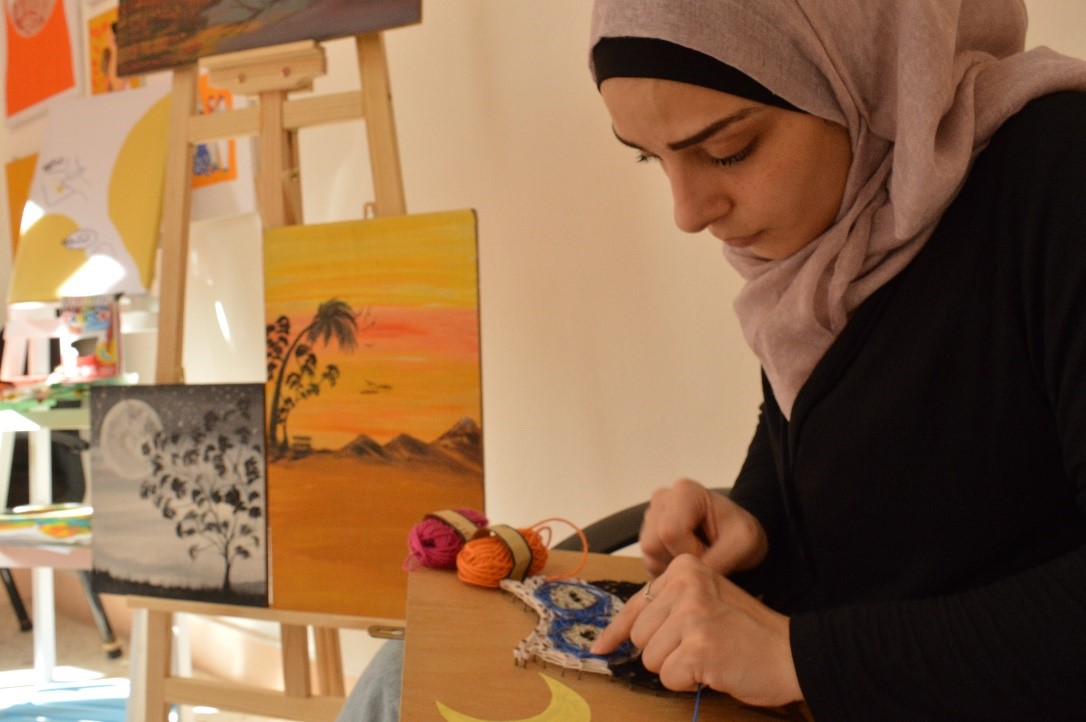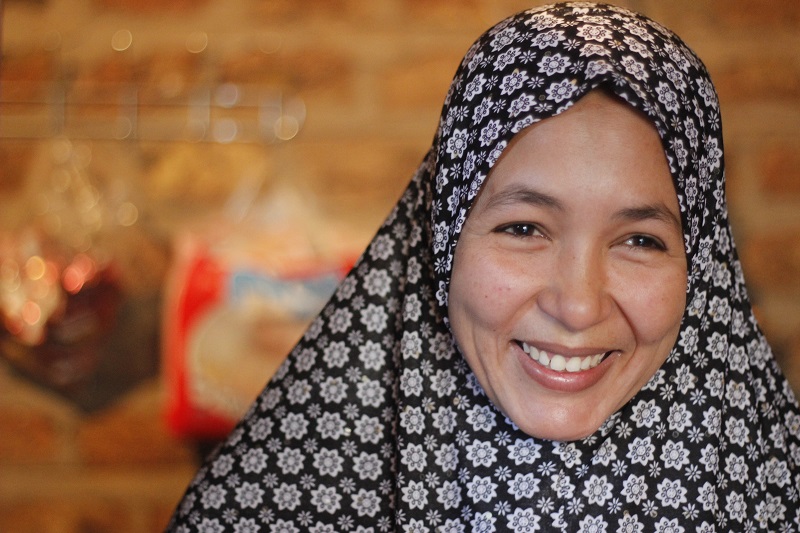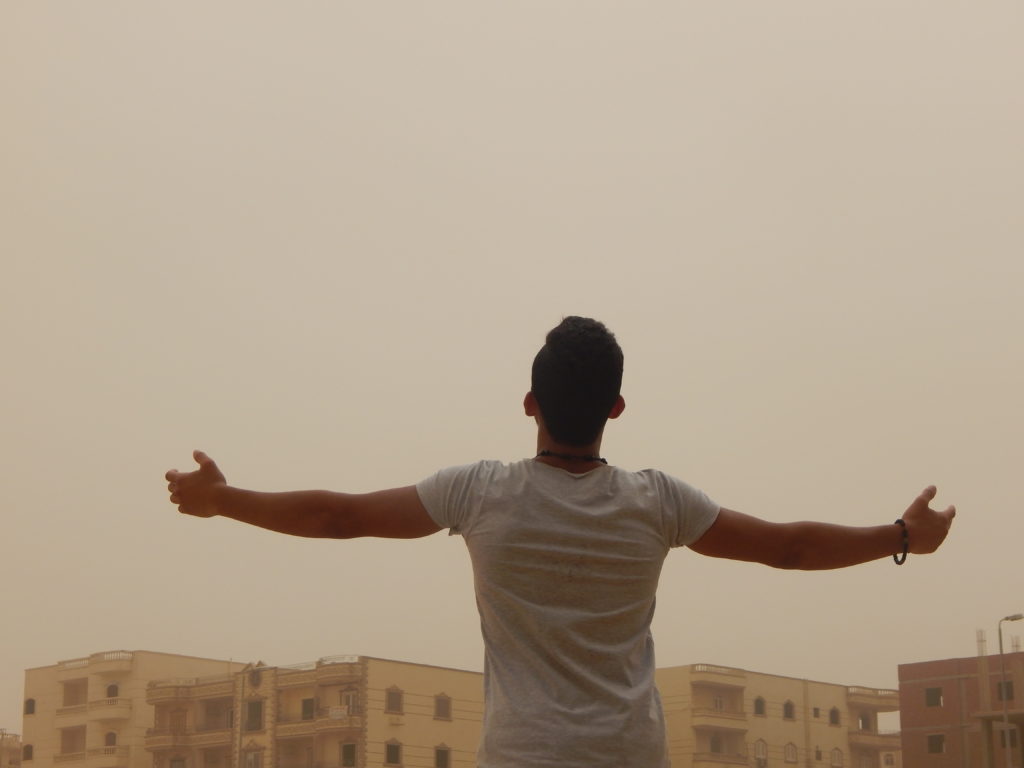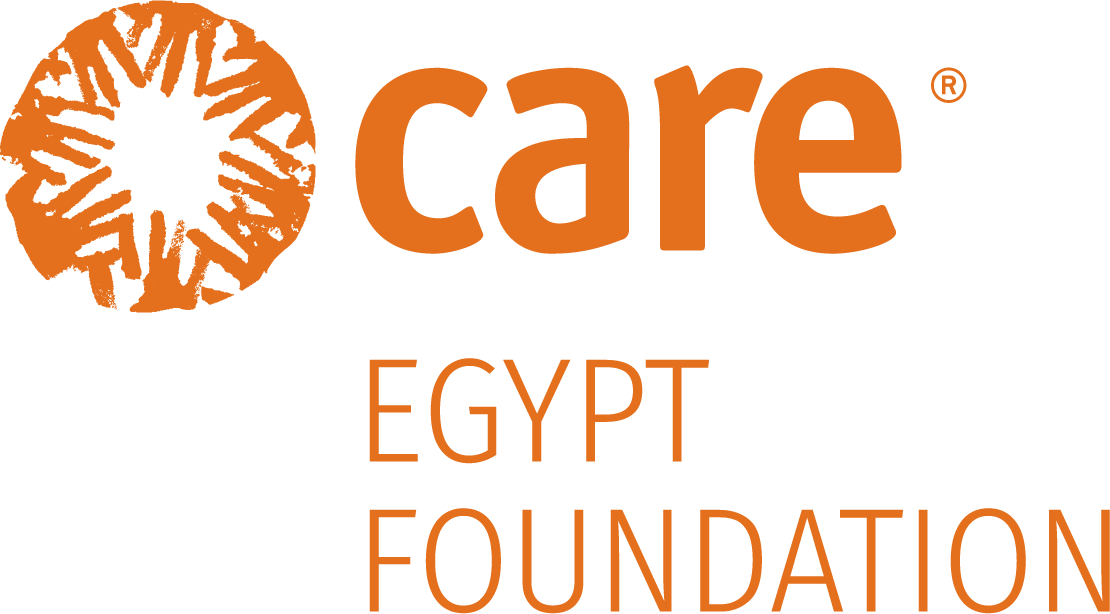As part of the Ending Violence Against Women and Girls (EVAWAG) program, CARE Egypt launched an impactful workshop on Protection Policies Against Violence and Harassment. This workshop, held under the Dr. Nabil Samuel Forum for Civil Society Organizations, Over 15 civil society organizations participated, representing diverse sectors including women’s support, child protection, and the empowerment of people with disabilities
“The workshop focused on Building the capacity of civil society organizations to develop and implement comprehensive protection policies, standardizing concepts related to protection and codes of conduct and promoting a culture of reporting and accountability within institutions.
The workshop was led by Dr. Azza Kamel, Chairperson of the ACT Foundation’s Board of Trustees and alternate rapporteur of the forum; Khadija Al-Taher, Senior Technical Advisor for Gender-Based Violence and Social Standards at CARE; Heba Adel, Lawyer and Chairperson of the Egyptian Women Lawyers’ Association for Women’s Rights; and Mona Ezzat, Chairperson of the Board of Trustees of Al-Noon Foundation. The facilitators emphasized the importance of shared learning to establish unified protection policies. Discussions focused on the role of the Women’s Complaints Office, complaint mechanisms such as the 15115 hotline, and best practices for maintaining safe work environments. Participants also engaged in group activities to draft protection policies, which will serve as a code of conduct for the organizations involved.
This workshop was amplified through extensive media coverage, reaching an estimated 250,000 people, ensuring broader awareness of its objectives and impact This step is a crucial part of building capacities to address violence and harassment and strengthen protection policies across organizations, advancing the mission of the EVAWAG program to foster safer, more inclusive spaces for women and vulnerable groups within NGOs, while expanding efforts to encompass society as a whole.

